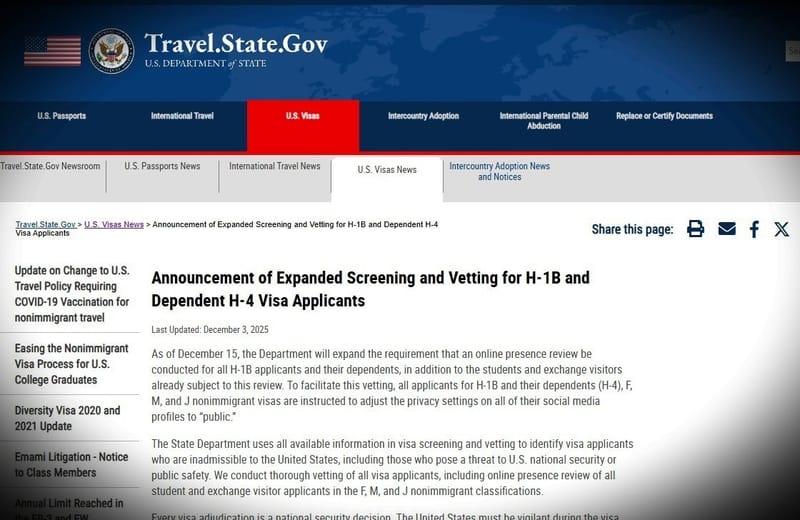Tata Technologies CEO Discusses H-1B Visa Fee Hike Impact & Future Resourcing Plans
This article reveals how a global tech firm is adapting its talent strategy to mitigate risks from H-1B visa policy changes, offering insights into workforce planning for employers and the evolving global talent market.

Subscribe to our newsletter and stay informed about latest H1B news, policy updates and and other developments.
Article Summary
Tata Technologies' CEO and MD, Warren Harris, stated that the H-1B visa fee hike by the US administration will not have a short-term impact on the company. This resilience is attributed to its staffing model, which ensures approximately 70% of employees in any country are local nationals. However, these policy changes are expected to influence the company's future resourcing plans.
Original Article: outlookmoney.com
[ Sentiment: neutral | Tone: factual ]
This summary and analysis were generated by TheNewsPublisher's editorial AI. This content is for informational purposes only; it does not constitute legal or immigration advice.
[ Sentiment: neutral | Tone: factual ]
This summary and analysis were generated by TheNewsPublisher's editorial AI. This content is for informational purposes only; it does not constitute legal or immigration advice.
TNP AI: Key Insights
This perspective from Tata Technologies' CEO highlights a strategic shift among some global firms to localize their workforce, potentially reducing reliance on specific visa programs like the H-1B. For employers, this case study underscores an alternative model for workforce resilience amidst fluctuating immigration policies, contrasting with more 'India-out' competitors.
The article implicitly addresses the 'so what' for both companies and skilled workers. For companies, it demonstrates a diversification strategy against visa uncertainty. For skilled professionals, it signals a potential trend where global firms might prioritize local hiring, impacting the demand for H-1B visas and requiring individuals to consider broader international talent markets or localized opportunities.




